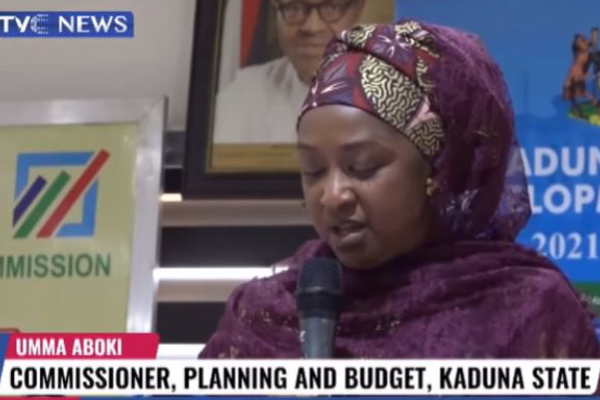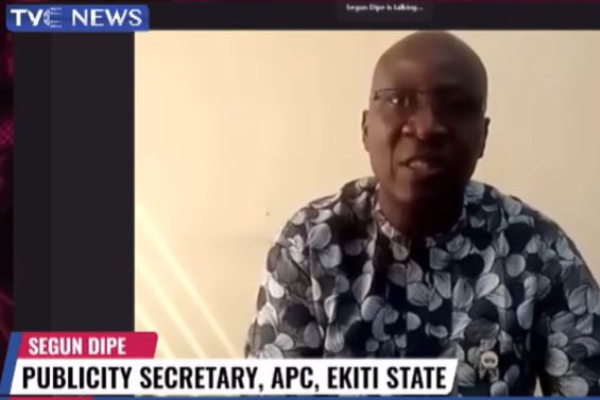Governor of Kaduna state, Nasir El Rufai has signed the 2023 appropriation bill of three hundred and seventy six billion naira (N376bn) into law after it was passed by the state House of Assembly.
Commissioner for Planning and Budget, Hajiya Umma Aboki, who made this known at press briefing noted that the 2023 budget prioritises health and education sectors as 43.70% has been earmarked for the two sectors.
According to Hajiya Umma, ‘’the 2023 Budget which is referred to as the “Budget of Continuous Growth and Development”, epitomizes continuity of development while strategising on minimising economic shocks occasioned by the unintended effects of policy reforms.’’

Giving a breakdown of the budget, the commissioner said that “15.70% of the total budget has been allocated to Health and 28% of the total budget is allocated to Education, , bringing the total allocation to Health and Education to 43.70%.”
“This is consistent with the State Government’s commitment to allocate a minimum of 15% and 25% of its total annual budget to Health and Education respectively,’’ she added.
The commissioner pointed out that an allocation of about 3% of the total budget to social welfare and pro-poor interventions has been spread across various implementing Ministries, Departments and Agencies, in line with government’s policy of leaving no one behind.
Hajiya Umma further disclosed that the Capital Expenditure of the budget amounts to N240,972,204,025.09, which is 64.01% of the entire budget, while Recurrent Expenditure is N135,484,430,899.57, that is 35.99% of the budget.
The commissioner further said that the ” budget is focused on cushioning the negative effects by prioritizing human capital and social development, and the completion of ongoing projects with a view to consolidating the achievements of the past seven years that will enable the smooth transition of government.’’
Giving a further breakdown, she disclosed that the state expects N89, 277, 209, 534.01 as Internally Generated Revenue(IGR) and N59,922,244,646.12 as statutory allocation, including Exchange Gains, Excess Bank Charges, Equalization Funds, & Ecological Funds amounting to N3,442,854,825.50.
The commissioner also said that the state government is expecting N30,756,738,525.96 from Value Added Tax(VAT); N62,769,276,112.95, N61,662,182,999.07, N20,999,967,529.00 as Internal Grants, External Loans and External Grants respectively.





